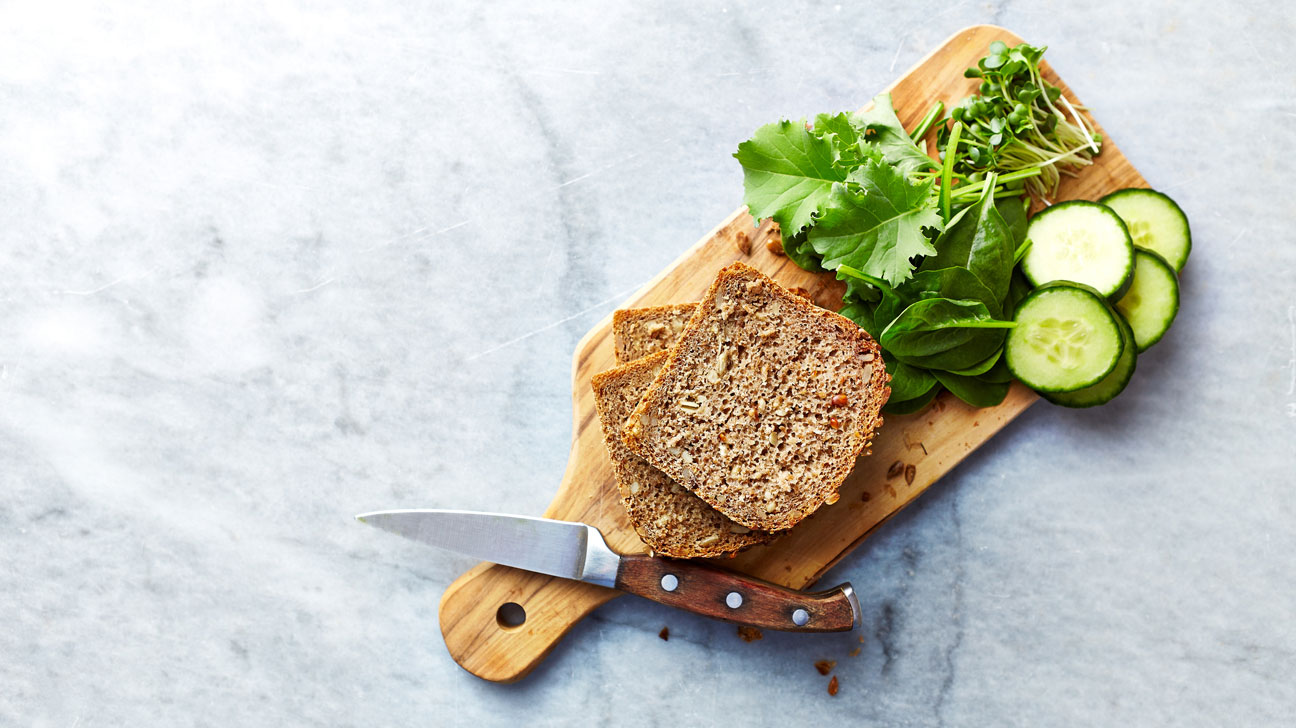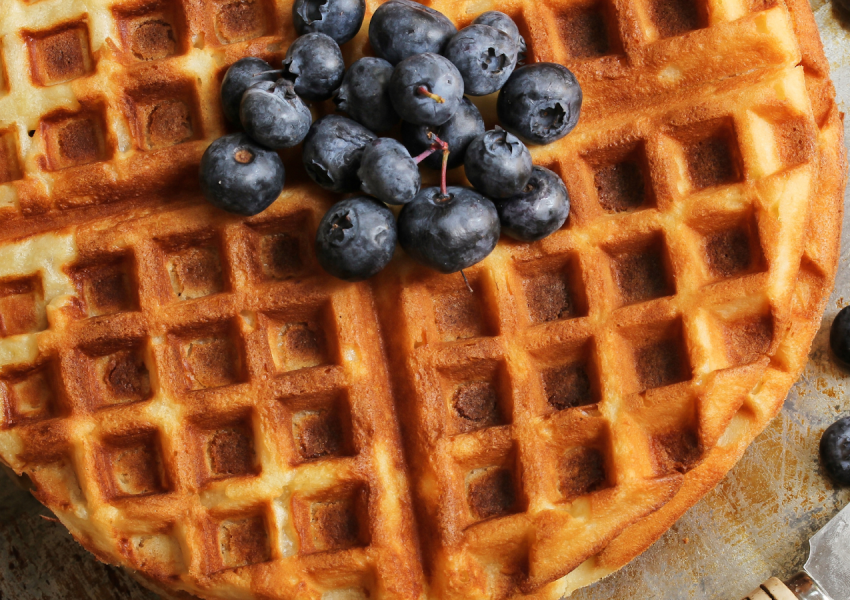Daily food choices form our lasting health. Some individuals prefer soft, refined loaves while others choose hearty, whole versions. Each type holds unique qualities, affecting wellness, digestion, and energy. People frequently wonder what truly sets them apart. The contrast goes beyond taste and texture, involving nutritional value, dispensation methods, and continuing aids. Understanding their variances aids make better dietary choices. This exploration reveals the core facts behind both diversities without leaning toward trends, keeping clarity and certainty in focus for wiser food habits. Enjoy the rich texture and healthy taste of wholegrain bread singapore for a nutritious start each day.
What makes them different
Whole varieties use the entire grain while refined ones lose certain parts during preparation, altering texture and worth meaningfully for everyday diets.
How does fiber help
Fiber aids digestion, supports fullness, and stabilizes energy levels effectively, promoting healthy metabolism with reliable consumption over time.
Does color reflect nutrition?
The darker tone suggests untouched grains rich in nutrients, while lighter ones often indicate refined versions missing some essential parts.
Which affects energy levels
Unrefined versions release energy slowly, keeping levels stable and avoiding quick hunger, unlike refined ones that may cause rapid drops.
Why does texture vary
Grinding techniques and processing steps alter the structure and make one type denser while the other becomes softer and lighter.
How is digestion influenced?
Grain husk elements support digestive movement naturally, reducing discomfort while improving the balance of intestinal function and gut health.
Are there vitamin differences
Refined kinds often contain fewer vitamins and fewer minerals since processing removes germ layers that store important nutrients.
Does it impact heart function?
Reliable intake of grain-rich products aids improve circulation and maintain balanced cholesterol, supporting cardiovascular performance with better nutrient absorption.
How to choose better
Selecting versions with minimal refining helps preserve fiber, vitamins, and texture, giving improved dietary value and steady fullness responses.
What about long-term use
Regular consumption of grain-based bread promotes digestive strength, regulates appetite, and supports better energy output over months of usage.
Can it help control weight?
Natural fiber in unprocessed grains gives lasting fullness, potentially reducing excess calorie intake through regulated hunger signals.
Are additives harmful
Highly processed options may contain additives for softness or longer storage, which can reduce nutritional quality gradually.
How does sugar play a part?
Refined grain types often have a higher glycemic impact, creating spikes in blood levels, causing varying energy reactions.
Does freshness matter
Freshly prepared ones provide better taste, nutrients stay active longer, offering improved quality and stability without excess preservatives.
Why moderation is key
Balanced intake prevents overdependence, allowing varied nutrients from different grains, ensuring stronger and healthier physical balance overall.
Choosing less processed grain types ensures better fiber and nutrient support. They deliver natural satisfaction, stable energy, and internal wellness. Moderation remains essential for a balanced lifestyle. Understanding how preparing grains affects nutrition helps people pick smarter daily options. The refined variety offers convenience but fewer nutrients. Maintaining variety across meals brings harmony between taste and nourishment. By focusing on grains that retain their natural structure, individuals support health goals without strict diets or sacrifices, resulting in sustainable nourishment. The wholegrain bread singapore offers a healthy choice full of nutrients, ideal for breakfast or everyday balanced meals.







